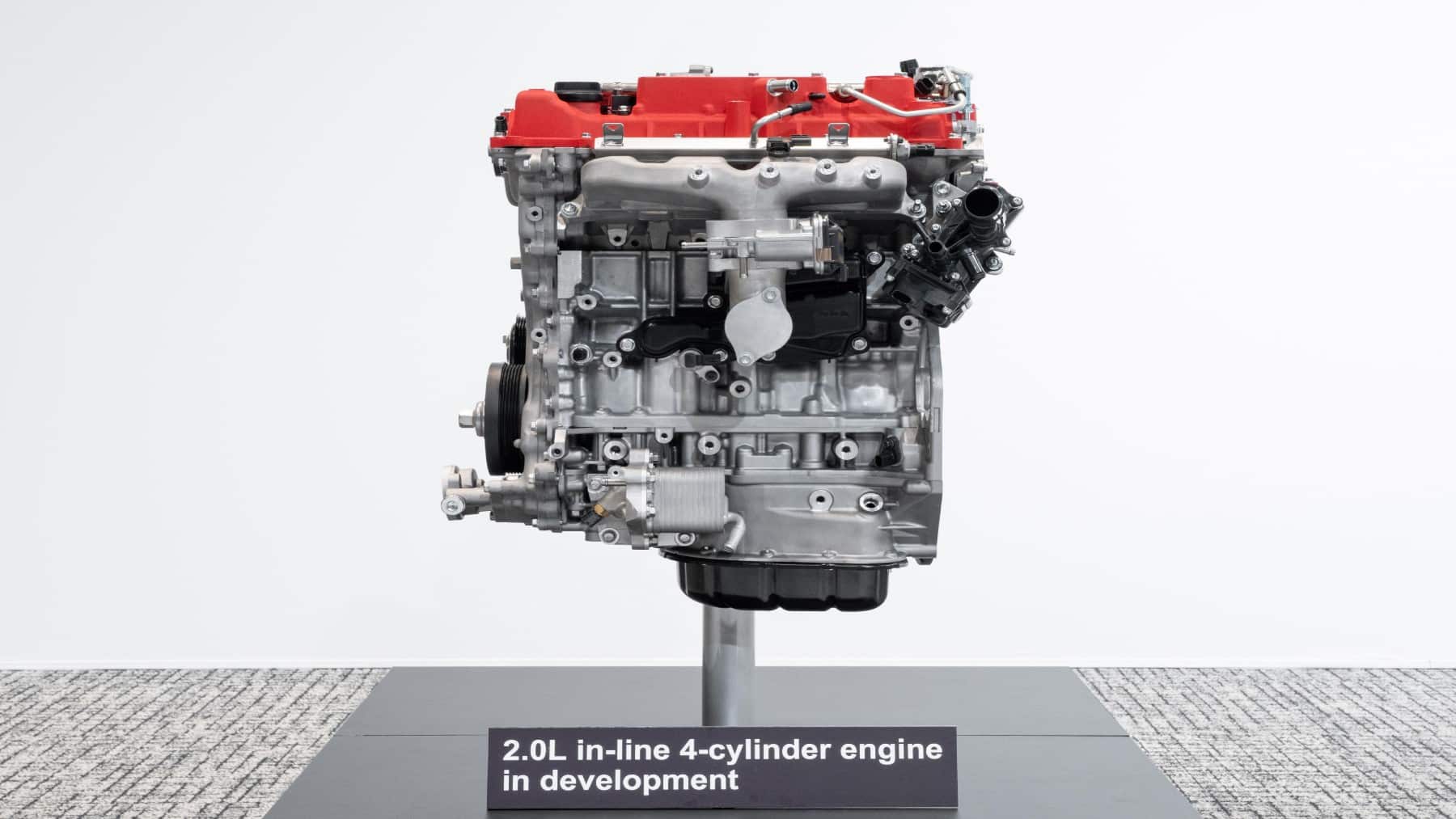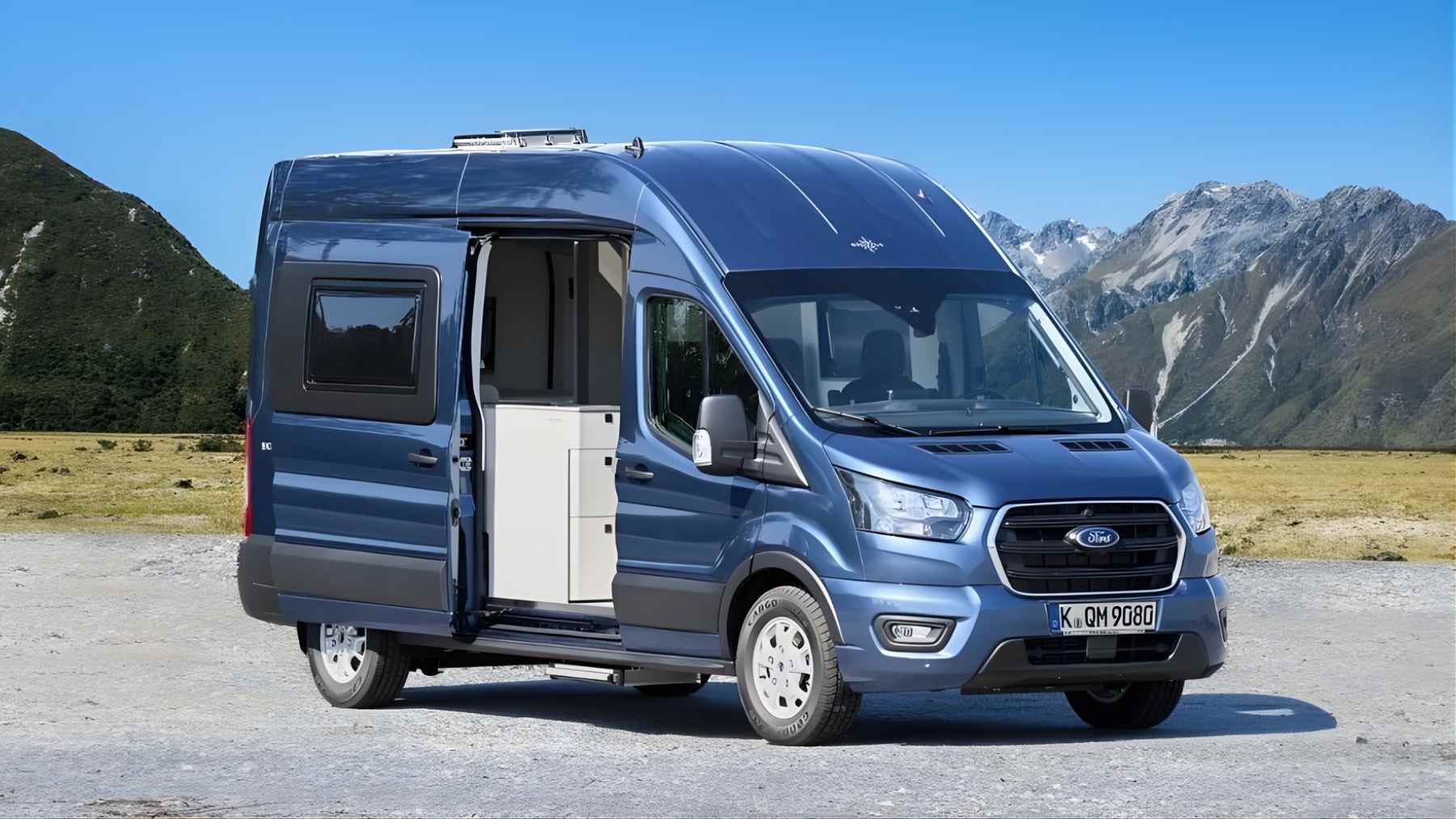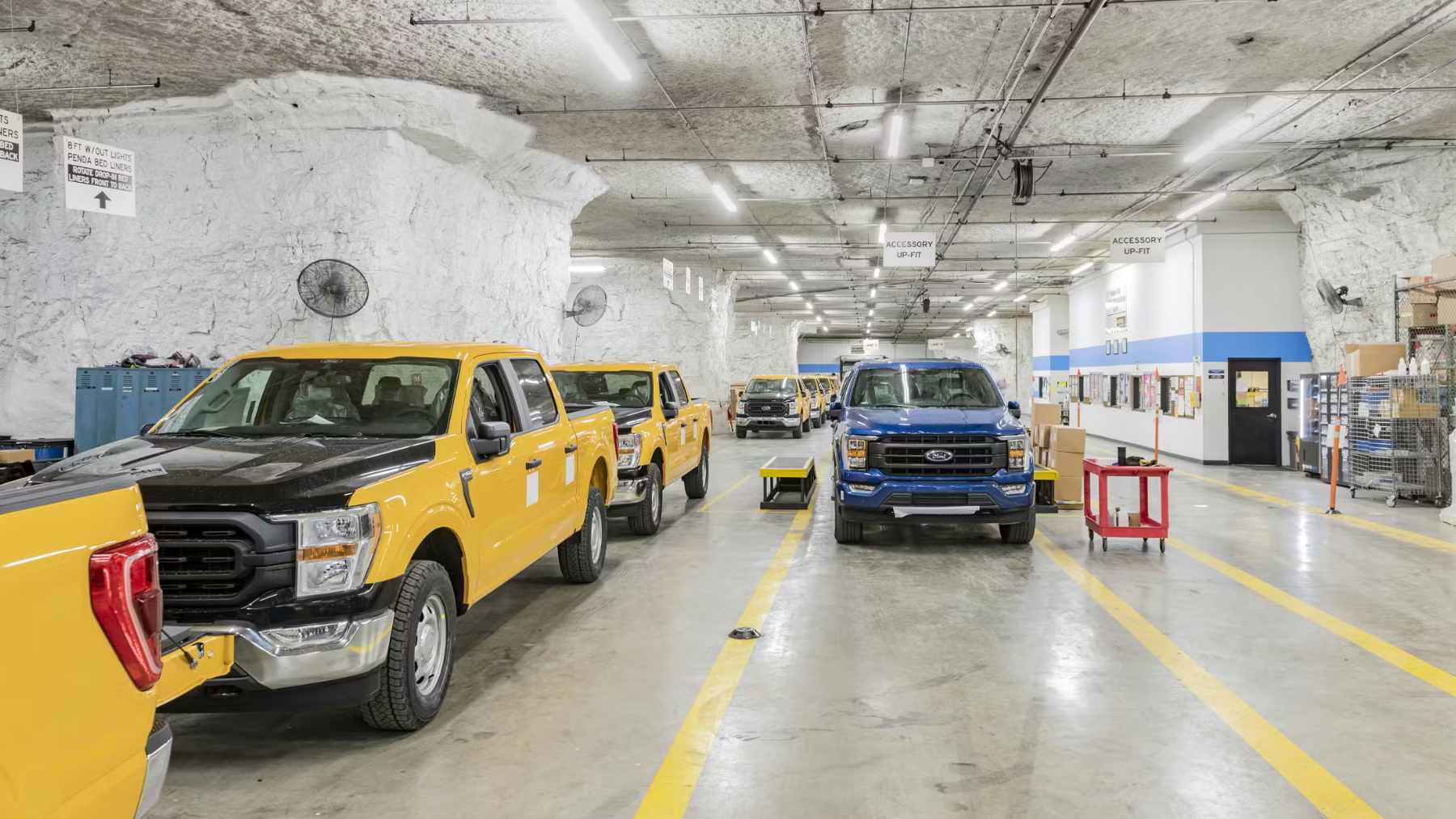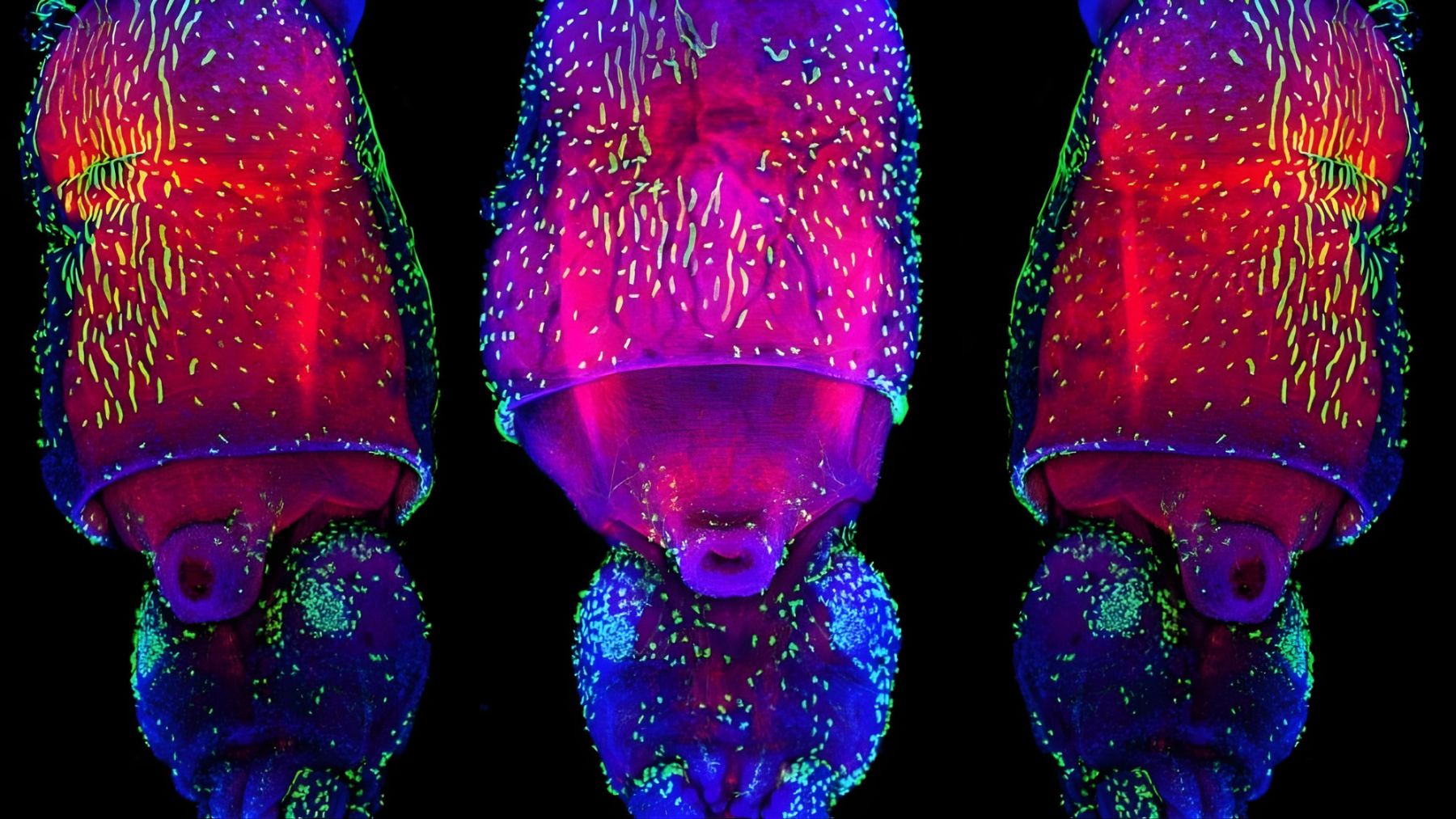In a world which is increasingly concerned over the imminent irreversible effects of climate change on the planet, Toyota has arguable dominated the automobile world in terms of providing myriad alternative engine solutions to their consumer base. Not only does the Japanese automobile maker continue to provide favored and leading internal combustion engine vehicles, but their alternative engine solutions are both diverse and advanced in terms of their engine capabilities.
Toyota continues to dominate the alternative engine space
Within the past decade, Toyota has rapidly advanced and expanded their alternative engine solution offerings, providing fertile ground for a competitive market space in order to push for the widespread adoption of alternative engine solutions. With models ranging from electrical and hydrogen fuel-cell powertrains, the company has spotlighted their advanced engineering capabilities in the passenger vehicle world and constantly iterated their mission to achieve carbon neutrality.
“Beyond Zero is Toyota’s vision to reach carbon neutrality with our products, services and operations, and go beyond, as we find new ways to make a positive impact on our planet and society,” describes Toyota on their website.
While the company joins the like of the majority of other automobile companies in providing electrical engine solutions with a range of offerings from hybrid, fully electric, and plug-in hybrid solutions, the automobile manufacturer has really soared when it comes to their hydrogen fuel-cell technology. Following the release of the Toyota Mirai in 2014, Toyota has made hydrogen fuel-cell technology their niche.
New record-breaking engine announced by Toyota
While Toyota continues to advance and refine their alternative engine solutions, they have not left the internal combustion engine behind just yet. While the company continues to focus on ways to elevate their alternative engines in order to convince consumers to ‘go green’ by pooling their resources and tools through increased partnerships and opportunities, they are not deaf to the current reality of the roads.
While internal combustion engine sales are showing signs of slowing while electrical engine sales continue to steadily climb, internal combustion model sales continue to still severely outnumber their alternative vehicle counterparts. As such, the company is continuing to advance their traditional internal combustion models for their consumers.
In January of this year, Toyota’s Chief Technology Officer Hiroki Nakajima announced that the company’s newest four-cylinder engine is expected to be a “game-changer” for the passenger vehicle world. The up-and-coming engine is expected to have a 1.5- and 2.0-liter displacements. While the new powertrains are expected to be used for electrification, the engines may still be seen in their internal combustion engine models. While not confirmed, the engine is rumored to have a horsepower of 400hp.
Toyota continues to pioneer their expertise
While Toyota enthusiasts wait for more confirmed updates on the new powerful powertrain, Toyota continues to make waves in the automobile industry. While not all publicity has been a shining star review, with the company coming underfire during last year’s Olympics for their promotion of their hydrogen fuel-cell vehicles, they continue to fill the gaps in the transportation industry where preferred electrical models fall short.
While not all may be on board with the idea of hydrogen becoming a complement to electrical engine technology for passenger vehicles, the technology does offer significant advantages in sectors where the electrical engine may not be viable. The aviation and long-haul trucking industry are two such sectors where the electrical engine is not idea due to battery density requirements and aerodynamic issues regarding the former and power problems regarding the latter. However, hydrogen has been noted as a plausible alternative for these industries which could very well hold the solution towards creating more sustainable alternatives.
Disclaimer: Our coverage of events affecting companies is purely informative and descriptive. Under no circumstances does it seek to promote an opinion or create a trend, nor can it be taken as investment advice or a recommendation of any kind.















